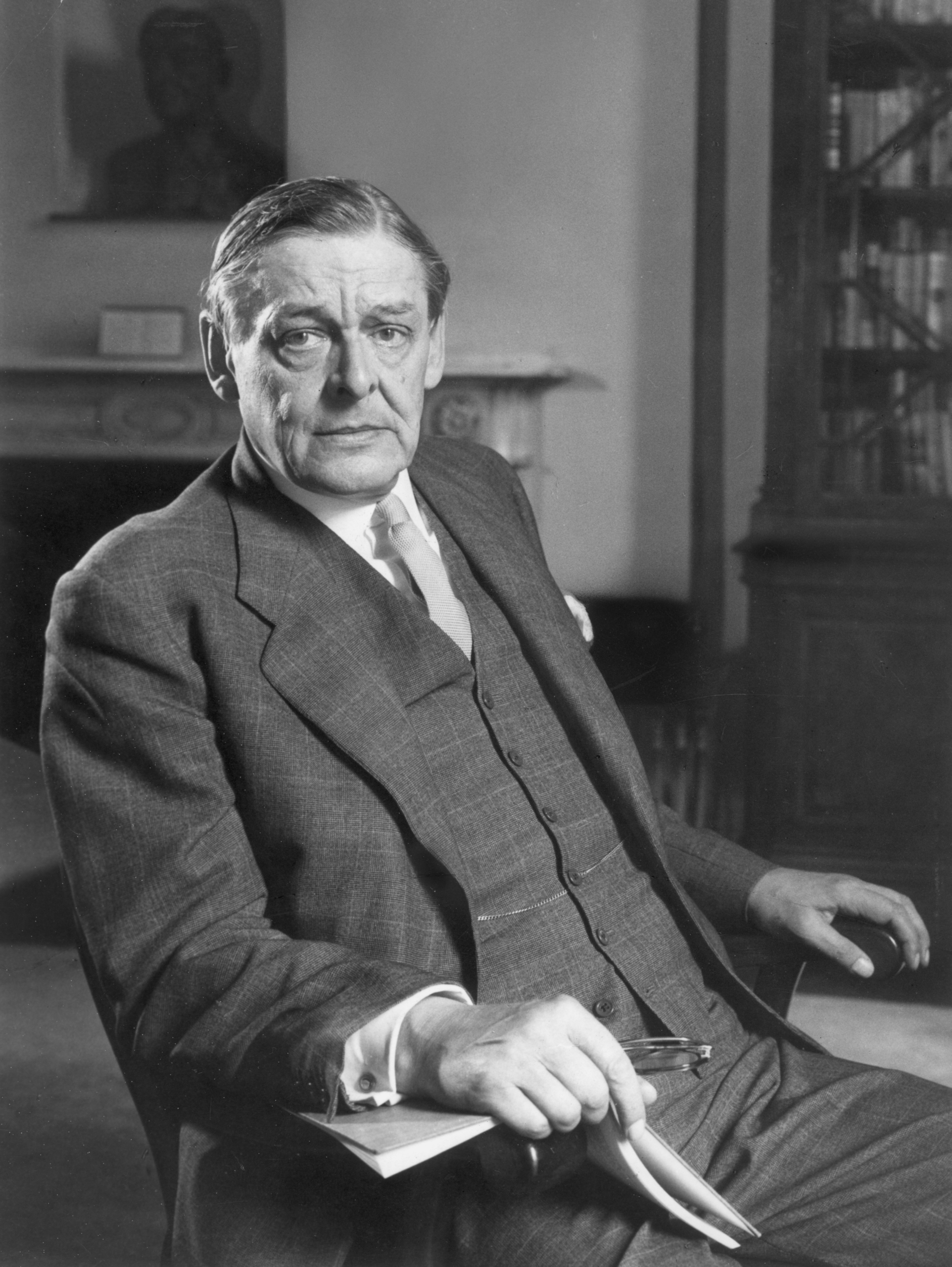The fourth installment of our Lockdown T.S.Eliot Bookclub is published in the “Inklings and Friends” section of the blog. The book club is a place for Donor Subscribers to read my comments and posts about T.S.Eliot and his work. Here is an excerpt
Eliot wants you to feel bewildered because he wants you to feel a particular emotion. He wants you to feel horror and even disgust. I mentioned in the last post and the article I recommended, that Eliot was greatly influenced by the modern French Symbolist poets. They used images to evoke emotions. It didn’t matter if you understood the image specifically and could explain it. Instead it was the sort of language of dreams. The image did not make you think as much as it produced within you an emotion. The emotion was your emotion, and the poet’s job was to produce that emotion if he could.
This is interesting because Eliot’s own emotional life was barren. Brought up in a strict, puritanical Protestantism he was starved of love and life. The staid, Boston aristocracy and the clean and neat and respectable Unitarian religion was devoid of any zest, any lust, any raw emotion. We saw this in his satirical verses about Cousin Nancy and Aunt Helen, and we saw Eliot’s own self exaggerated self portrait in The Love Song of J.Alfred Prufrock. The timid young man with a bald patch going downstairs to the dull tea party…does he dare to eat a peach? Does he dare to walk along the beach? Does he dare to ask the overwhelming question? Does he dare to romance the woman or even make love to the woman? He does not. He is paralyzed by it all, and when he does search out some other life in the backstreets of Boston or Paris he is disgusted by what he finds.
The irony, therefore, of Eliot attempting to write plays that evoke strong emotions is that he himself longs to experience life in all its fullness. This brings us back to his biography. We left him having finished graduate work in Harvard. Then he won a scholarship to study for a year at Oxford. It is 1914. He goes to Germany for a short study period. While there it becomes obvious that Europe is about to be plunged into war. He returns to Oxford. He is lonely and views his planned future life as a philosophy professor at Harvard with dread. He longs for a life that has more blood and passion, more emotion and power. He wants to come alive. He applies to fight in the war, but is rejected because of his long term physical ailments.
Then in the summer of 1915 he went boating with an American friend and two women. One was a pretty young thing called Vivienne Haigh-Wood. Three months later Tom and Vivienne were married. He had taken the plunge. He jumped in the deep end. He would describe it later in The Waste Land as “the awful daring of a moment’s surrender which an age of prudence can never retract. By this and only this, we have existed.”
Go here to read Eliot’s Daring Surrender. Go here to learn how to become a Donor Subscriber.







Leave A Comment
You must be logged in to post a comment.